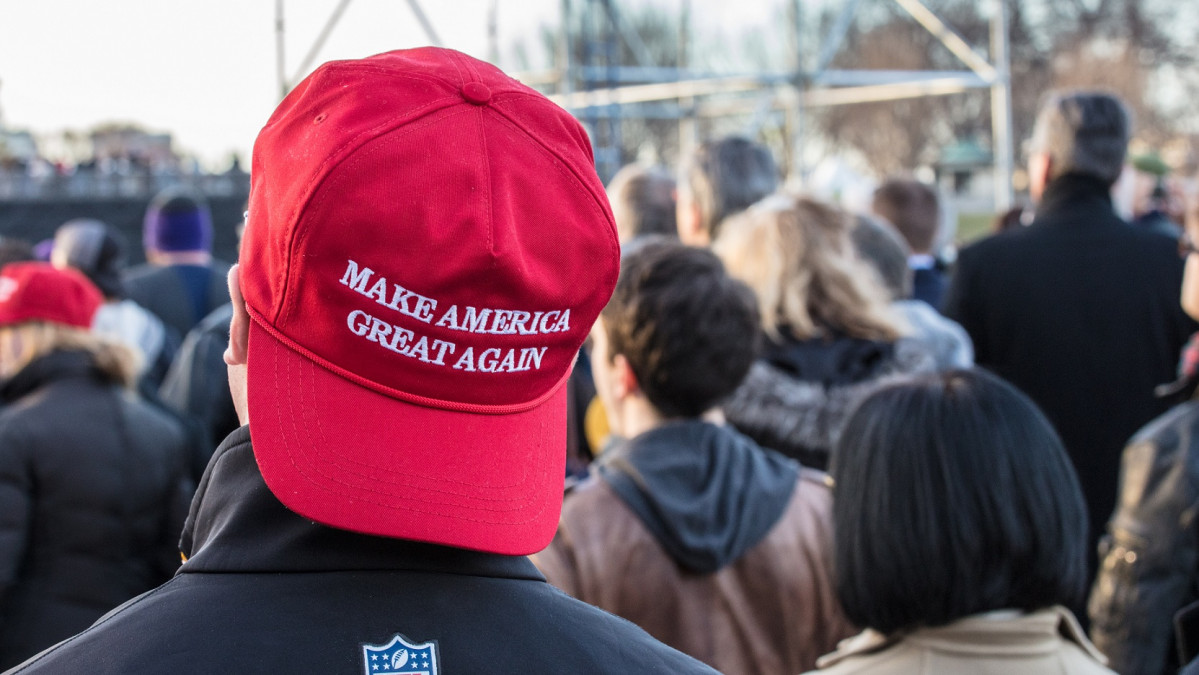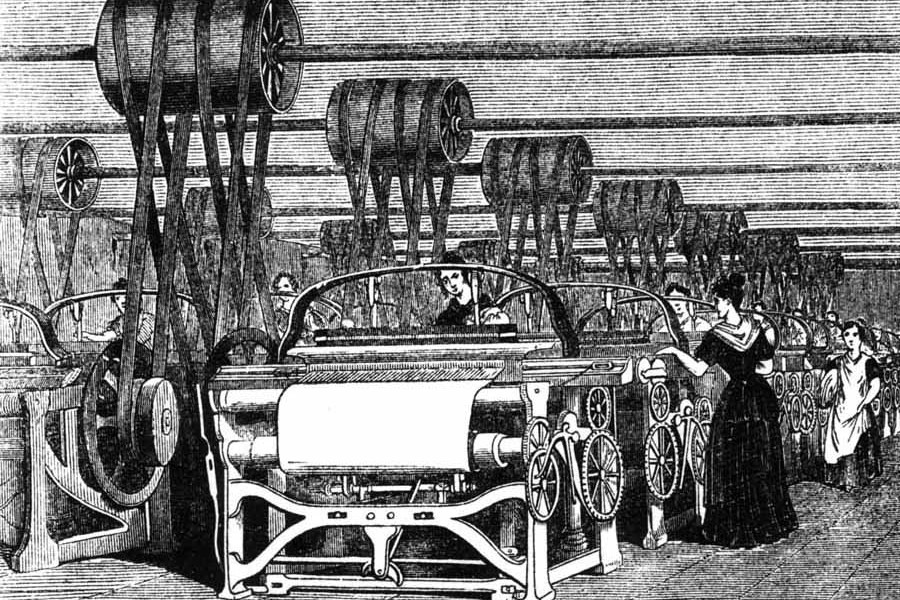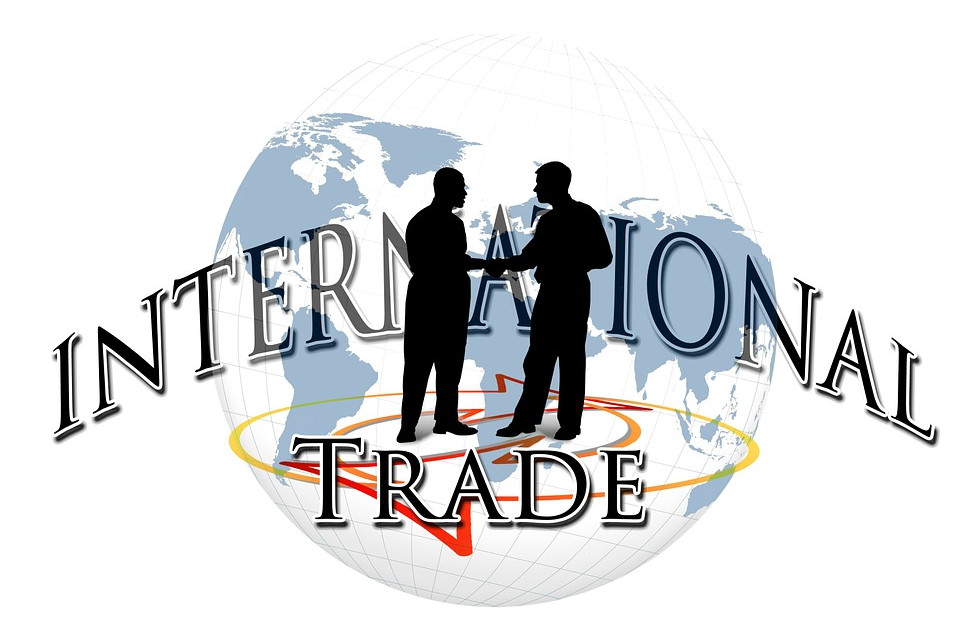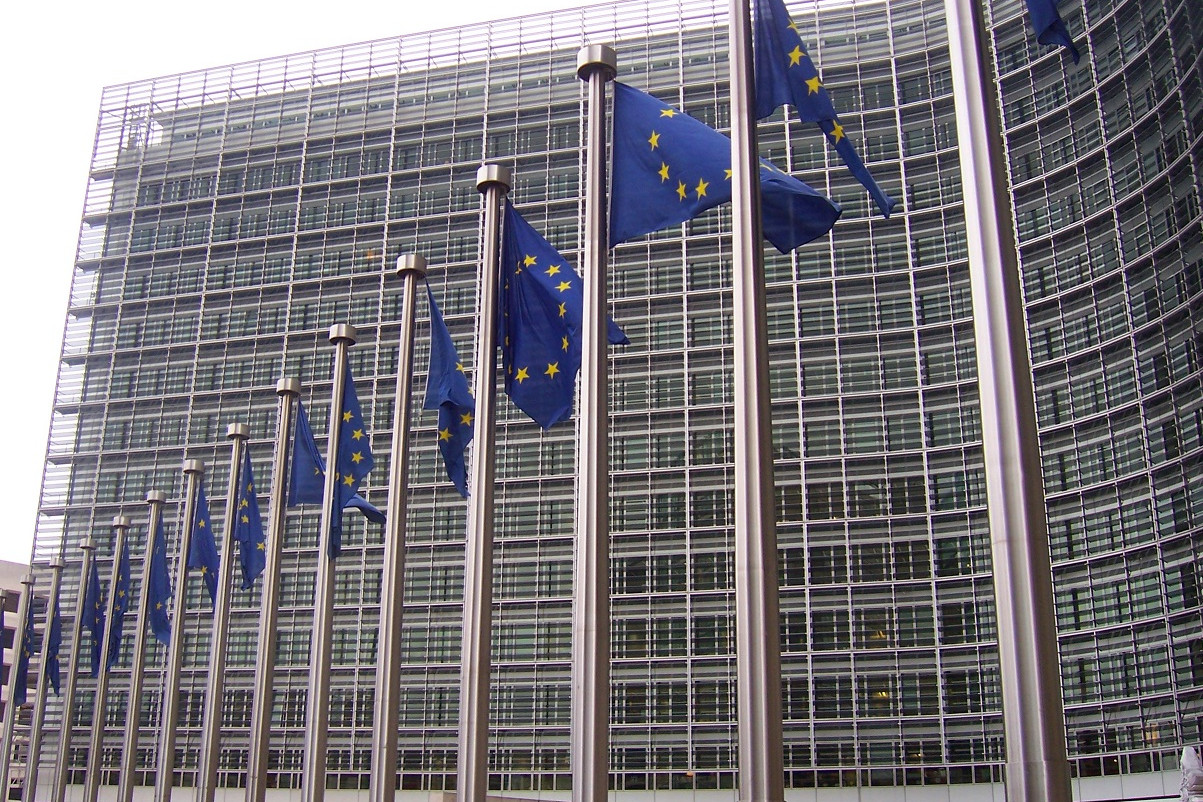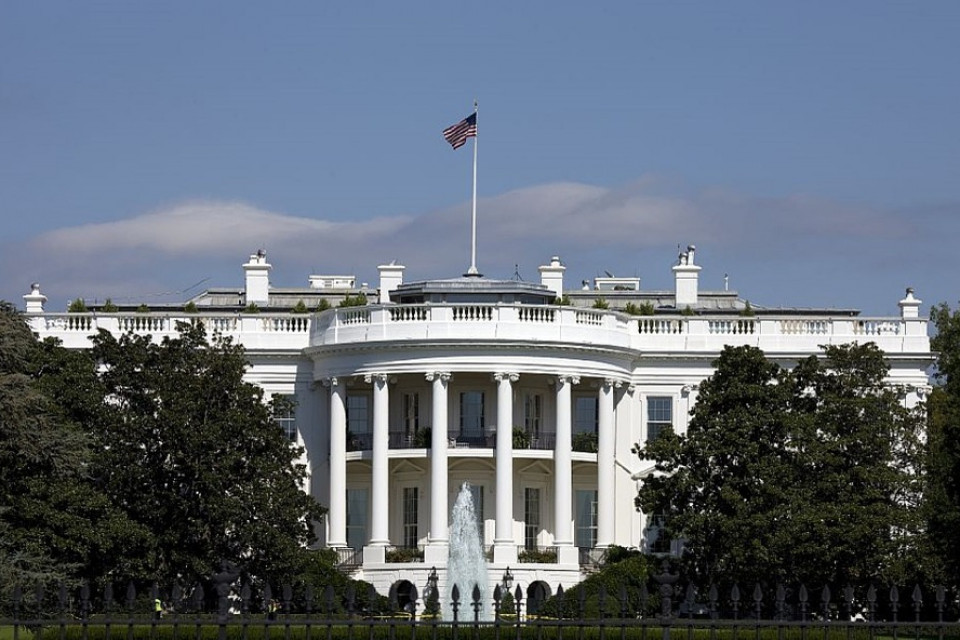The troubled waters on the horizon are due to strong storms that are generated in certain places, creating trains of waves of great height and energy, which travel long distances and end up generating a large swell at points quite far from their place of origin. Well, undoubtedly, the constant pulse between the Trump Administration and China on account of trade tariffs has triggered the troubled waters alarm in world trade. The new wave of protectionism promoted by the US president has set off alarms in a multitude of public institutions. With a dramatic tinge, the IMF has warned that protectionism can "shred" multilateral trade right at a time when it is going through a golden period.
The ECB has also pointed out that protectionism is partly responsible for the "economic moderation" that the Eurozone is going through. Brussels made an urgent call to prevent protectionism from becoming "the new normal". The Spanish Minister of Economy, Román Escolano, has called protectionism a "historical error". The worry is such that a group of more than 1,000 economists, including 14 Nobel laureates, have issued a letter to President Trump asking him not to make the same mistakes that in 1930 aggravated the deep economic crisis that the country was then suffering; at that time, the Tariff Act or Hawley-Smoot Act (1930) was passed, which unilaterally imposed a tax on imported products and led to a huge contraction of world trade, with fatal consequences for US producers. From Axesor, we also identify protectionism as one of the greatest threats to the Spanish economy, which is happens to be overcoming the severe crisis of 2008, supported, among other things, by the strength of the export sector. However, what is the cause of the turbulent waters in the commercial sector?
AMERICA FIRST
In his inaugural discourse as the 45th President of the United States, Donald Trump pronounced that his entire commercial policy would be based on the principle of America First, one step beyond their well-known electoral slogan Make America Great Again. In commercial terms, this means that Trump considers that the trade deficit that US has with the rest of the world, particularly China, weakens the US economy, makes it vulnerable and has to be corrected quickly. According to the Department of Commerce, the US exported goods worth 1.55 trillion dollars in 2017, while it imported goods worth 2.36 trillion dollars (in both cases excluding the services sector). Moreover, Trump points a finger at China as the main (but not the only one) responsible for this situation. Hence the tariffs imposed on Chinese steel and aluminium last March and to which Beijing has already responded with new tariff import taxes, particularly on US agricultural products.
Europe has escaped Trump's wrath only temporarily. Washington also wants the EU to reduce its trade surplus with the US, by reducing tariffs on the automobile industry, among other things.
And the US Administration considers that the best way to convince European doubters is under the threat of tariffs. However, to date, the response from Brussels has been similar to that of Beijing: compiling a list of US products to which import taxes would be applied, and it is proposed to denounce the USA to the World Trade Organization (WTO). Meanwhile, the Trump Administration plans another round of taxes, this time aiming at Chinese technology, in an attempt to stop the impetus of the Asian dragon, which in recent years has undertaken a deep industrial restructuring. China wants to move away from the global low-cost factory model and is now counting on high-value-added products, which logically arouses great concern among Americans. Of course, China has already responded that it is not afraid of a commercial war (in which both have much to lose, since the level of exchange between both giants is enormous) and that in case Trump fulfils his threats, it will respond strongly.
TRUMP DOES NOT LIKE MULTILATERAL AGREEMENTS
In addition, the US in parallel is also trying to rewrite the small print in the North US Free Trade Agreement (NAFTA) with Mexico and Canada, although this time showing more the carrot (the two countries are temporarily excluded from the policy of increasing tariffs...), but still showing the stick (everything will depend on the result of the NAFTA renegotiation).
The US president made it clear that he does not like multilateral agreements at all.
"They are not beneficial" for US workers, he has stated repeatedly. This is the reason why as soon as he assumed the presidency, Trump withdrew the United States from the TTP (Trans-Pacific Partnership Treaty), which includes countries such as Mexico, Chile and Peru. Continuing with this strategy, Trump has snubbed their southern neighbours, declining to attend the Summit of the Americas, recently held in Lima. However, at the same time, the US executive has pointed to Brazil and Argentina as two strategic allies, excluding them from the pronounced increase in tariffs. On the other hand, the USA is beginning to regards with concern how Trump's slamming of Latin America is being used as leverage by China to increase its influence in the region, and is now looking for ways to stop the Eastern giant. In short, another new open front in the stormy waters of international trade.
All this waves generated from Washington have negative repercussions that threaten to embitter the sweet moment that world trade is passing through.
Moreover, for the first time since the start of the Great Recession, world trade is growing faster than global GDP. According to WTO data on the volume of goods, 2017 registered the highest growth of the last six years, with an expansion of 4.7%. This year, the expected figure will be somewhat lower, by 4.4%, but in any case it maintains a robust pace and is clearly above the growth forecast of the world economy, which the consensus puts close to 4%. However, the WTO itself reminds us that everything is at the expense of how the escalation of tension between the great blocks of the world evolves.
That world trade is growing strongly is quite good news for several reasons. In the first place, from Axesor we think that it leads to a more efficient world, since countries tend to specialize in those products where they have the greatest competitive advantage, thus achieving higher production, more employment and more wealth. Secondly and in the same line, it promotes an increase in international competition, which should lead to lower prices and higher product quality. On the other hand, trade between countries allows a greater variety and quantity of goods and services for consumers.
FREE TRADE ESSENTIAL FOR SPAIN
Beyond it being obvious that protectionism does not promote competitiveness, paradoxically these type of measures can end up harming those we seek to help. For example, the primary sector might experience increases in the costs of its capital goods (those imported become more expensive and the national ones do not necessarily have to be cheaper) that has a negative impact on their profit margins, and at the same time, they find that their products are sold less outside their domestic market.
The bottom right-hand corner is that a escalation in protectionism could end up leading to weaker growth, both in Asia and in America.
Moreover, the fact is that the US and China, the two main protagonists of the turbulence affecting world trade, are becoming increasingly significant destinations for Spanish products. The good health of the Spanish export sector has become a vital component in the economic expectations of our country. If in 2007 at the dawn of the Great Recession, the proportion of exports of goods and services in the Spanish economy was 25.7%, in the fourth quarter of 2017 it reached 33.9% of GDP, exceeding 100,000 million Euros in quarterly export sales for the first time. Therefore, it is essential for Spain to maintain its dynamism, that the strident voices in Chinese and US interchanges are abandoned, giving way to the path of negotiation, and that once again calm waters prevail in world trade.



